How Can Medication Help Treat Depression?
Depression is a complex, debilitating mental health condition that takes its toll on millions of people worldwide. It can have a significant impact on a person's quality of life, relationships, and overall state of being. While therapy and lifestyle changes certainly play important roles in managing depression, medication can often be an essential component of an effective treatment plan. Let's explore how medication can help treat depression and provide a positive outlook for those who struggle to manage this condition.
Restoring Chemical Balance:
Oftentimes, depression is linked to imbalances in neurotransmitters such as serotonin, dopamine, and norepinephrine. These chemicals play essential roles in regulating our mood, emotions, and overall brain function. Medications known as selective serotonin reuptake inhibitors (SSRIs) and serotonin-norepinephrine reuptake inhibitors (SNRIs) work by increasing the availability of these neurotransmitters in the brain. By restoring the delicate chemical balance, these medications can alleviate symptoms of depression and promote a more stable emotional state.
Negative Thoughts - How to Break the Cycle:
Depression is characterized by a persistent cycle of negative thoughts and feelings. A medication like an antidepressant can help interrupt this cycle by modulating brain activity. Through the reduction of negative thoughts and the development of coping strategies, medication can allow individuals to participate in therapy, develop coping strategies, and adopt healthy thought patterns. Combining medication and therapy can be highly effective in breaking the grip of depression.
An Increase in Energy and Motivation:
People who suffer from depression can often feel fatigued, lethargic, and unmotivated. Using the right medication can help alleviate these symptoms by increasing energy levels and motivation. By experiencing a surge in energy, some may find it easier to engage in activities they once enjoyed, participate in social interactions, and even take proactive steps towards their recovery. An individual can regain a sense of purpose and joy in life through medication, which acts as a catalyst in this process.
Aiding Therapeutic Progress:
Psychotherapy is an essential component of depression treatment, as it assists individuals with exploring the root causes of their condition, helps develop coping mechanisms, and allows them learn valuable skills for managing their emotions. Medication can provide the necessary support to enable individuals to fully engage in therapy. By alleviating severe symptoms, such as extreme sadness, anxiety, irritability, etc, medication can help create a more stable emotional foundation that enhances the effectiveness of therapy. Medication should be used in conjunction with therapy for optimal results.
Personalized Treatment Approach:
Everyone who suffers from depression has a unique experience. What works for one person may not work for another. Luckily, there is a wide variety of medications available, offering several options. Sometimes finding the right one involves a process of trial and error. When you work with your provider, they will assess your symptoms, history, and other factors and help determine the most suitable prescription(s). Once on a prescription, regular monitoring and communication with your provider are important to ensure the medication's effectiveness and to address any side effects.
Depression can make life challenging and demoralizing. However, medication can be an extremely valuable tool in the comprehensive treatment of disorder by restoring chemical balance, breaking the cycle of negative thoughts, and increasing motivation and energy.. It is crucial to remember that medication is not a standalone solution but an important part of a holistic treatment plan. By combining medication with therapy, lifestyle changes, and a supportive network, individuals can take significant strides towards recovery and reclaim their lives from the grip of depression
